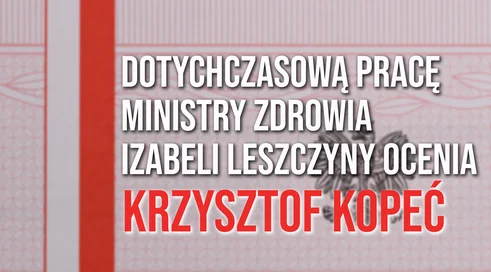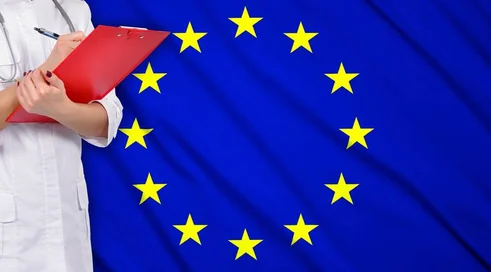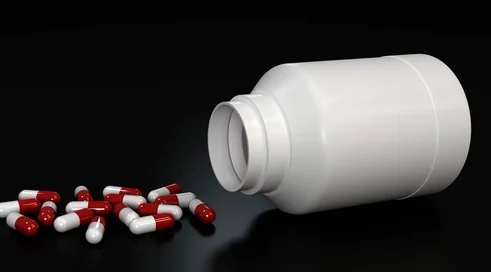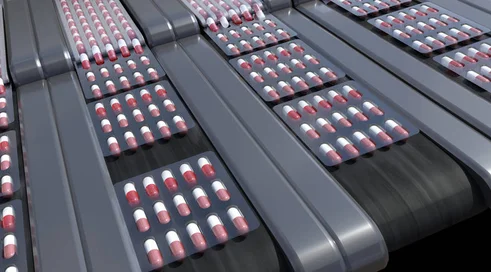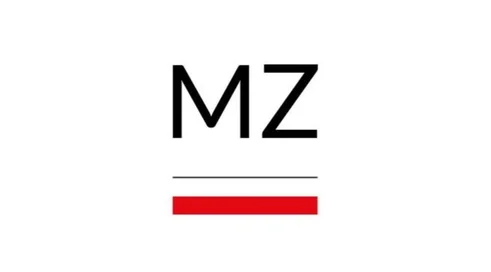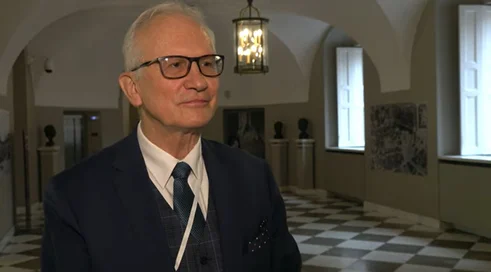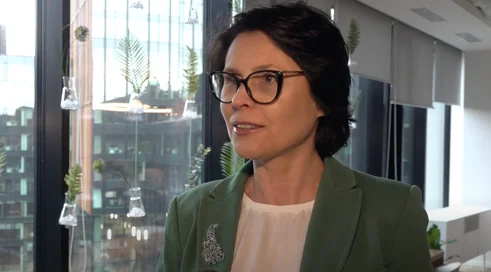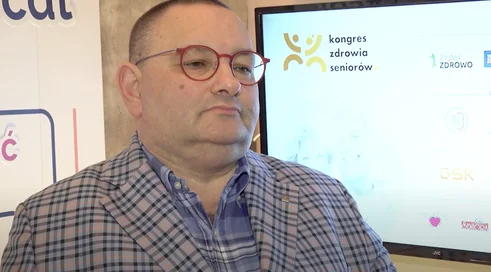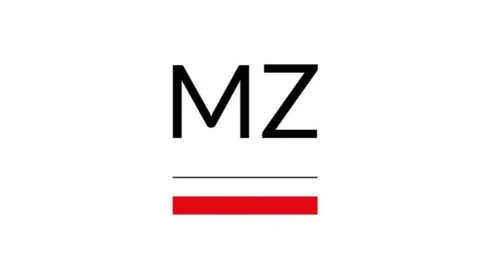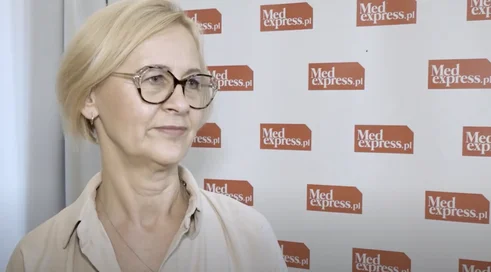Poland supported the Belgian government's request to the European Commission on May 2. - This is an important step towards increasing drug safety for Polish patients as well," says Krzysztof Kopeć, president of the PZPPF.
The document was also signed by France, Germany, Austria, the Netherlands, Luxembourg, the Czech Republic, Spain, Estonia, Slovenia, Romania, Latvia, Lithuania, Greece, Malta, Italy and Portugal.
In it, member states call for:
- Introduce a voluntary solidarity mechanism to temporarily alleviate acute drug shortages in EU countries in emergency situations,
- Establish a European list of critical medicines whose supply, production and value chains must be monitored,
- Implementation of the Cr...
Content locked
To gain access to the complete English section of the Medexpress.pl, kindly reach out to us at [email protected].
If you already have an account, please log in






